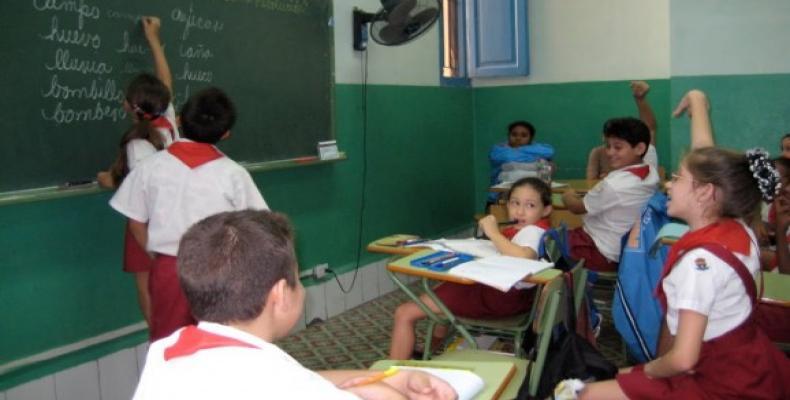
The current situation of and perspectives on education in Cuba have been the subject of lengthy and profound examination by the National Assembly’s ten working commissions as a prelude to the inauguration of the third period of sessions of the eighth legislature this coming Saturday.... More
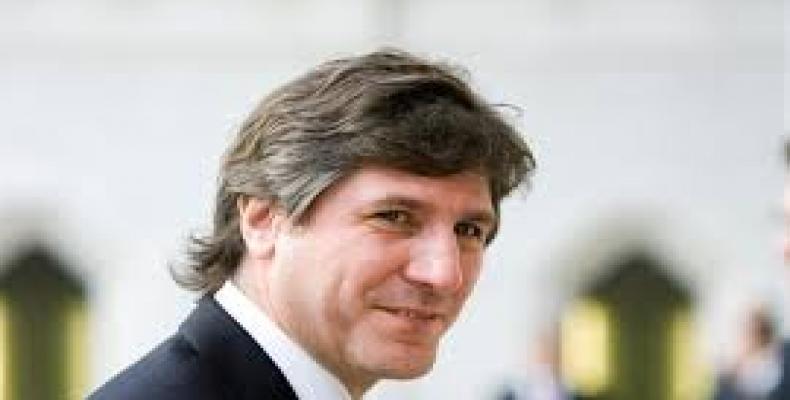
“Very successful” certainly describes last week’s visit to Cuba paid by Argentine Vicepresident Amado Boudou, clearly seen in the mutual efforts to improve economic ties and to strengthen common political points of view.... More
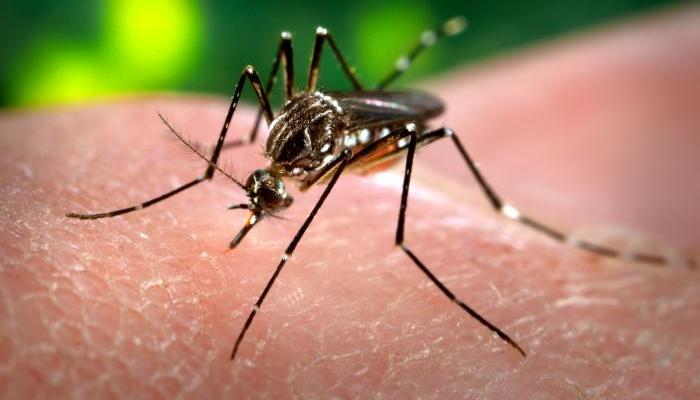
Medical scientists have determined that at the end of last year, the Caribbean area faced for the first time the arrival of the so-called Chikungunya viris, originally found in Tanzania in the 1950s, and which is already affecting in larger or smaller proportions some forty nations in Africa, Asia, Europe and the Americas.... More
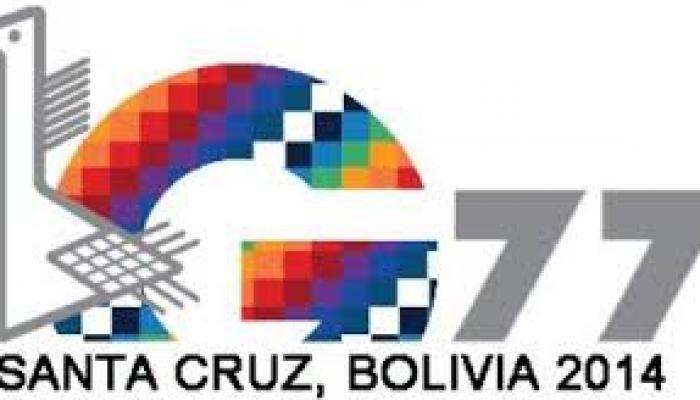
The Declaration of Santa Cruz de la Sierra, adopted by the Summit of the Group of 77 plus China this week, ratified the priority of the member nations of working to eradicate poverty as the main objective of the post-2015 Development Agenda, said Bolivian President Evo Morales.... More
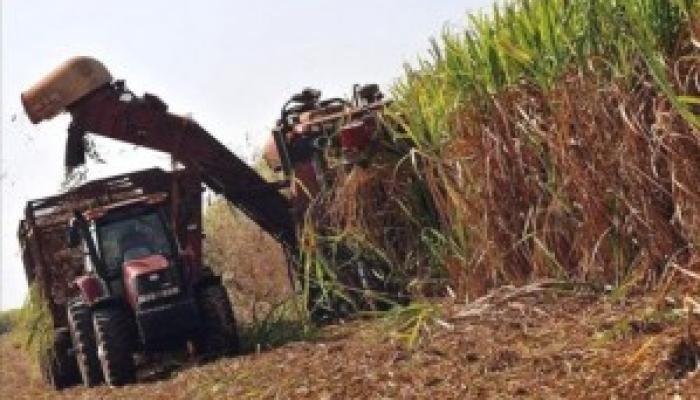
The sugar cane harvest that just ended in Cuba increased the sugar yield but did not reach the expected production goal, and thus left many lessons to be learned before beginning the next process late this year.... More
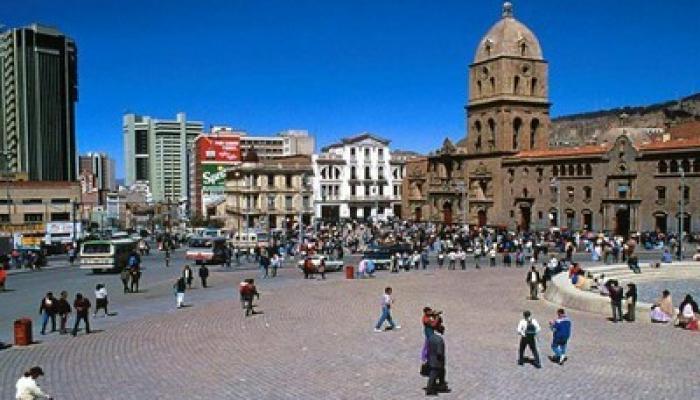
The Summit of the Group of 77 plus China, held on June 14th and 15th, in the Bolivian city of Santa Cruz will gather most UN member nations that make up the political South since that group, founded in 1964, gathers 133 out of all 193 members of the international organization.... More
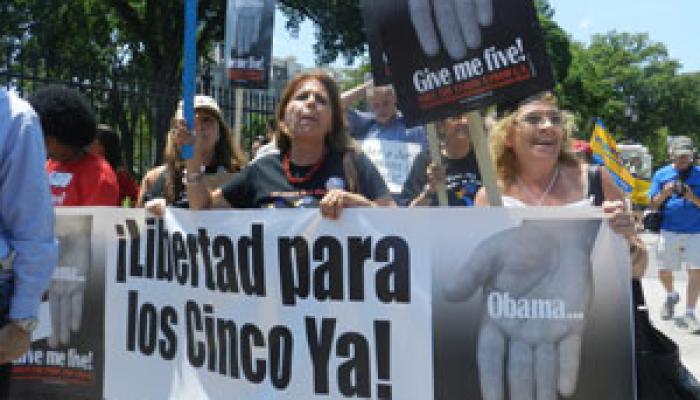
Washington DC is experiencing some lively days. The US capital is, for the third time in a row, the theatre of public expressions of solidarity with the three Cuban antiterrorist fighters who are still criminally imprisoned in the United States.... More
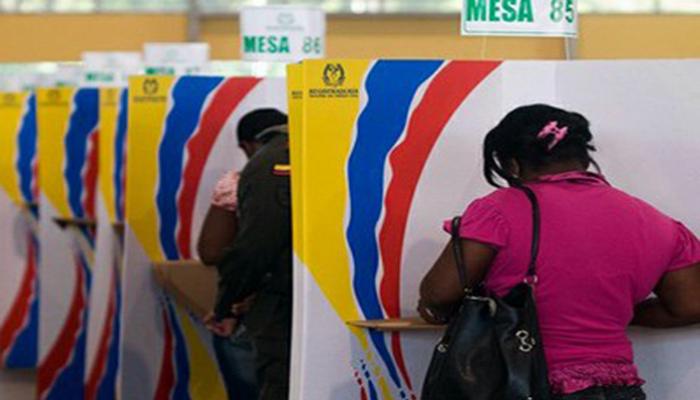
Many Colombian citizens have voiced their fear that following the first round of the presidential elections the hatred that signaled the conclusion of the first step will continue to deepen the difference among voters.... More
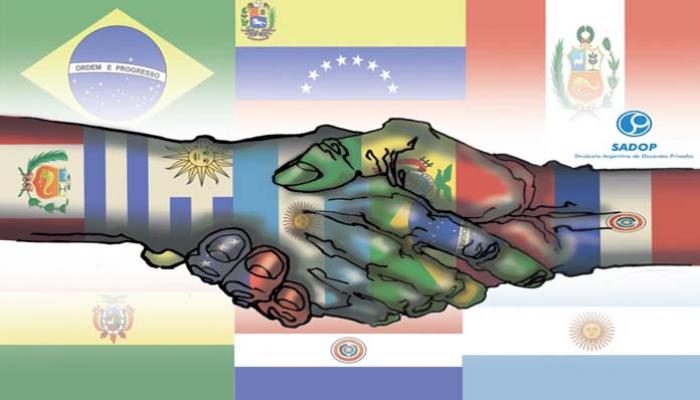
South American countries recently have been conducting intense diplomatic activity confirming the will to advance towards fluid and friendly links between the nations in the area. These endeavours in their entirety are steps toward the dream of integration and consolidation as an area of peace and progress.... More
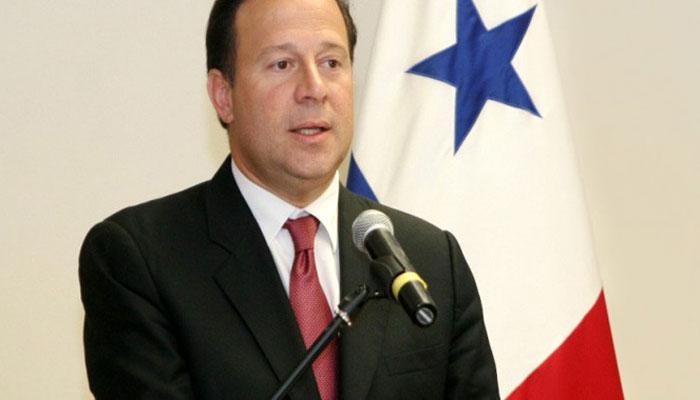
A huge task awaits the President-elect of Panama, Juan Carlos Varela, following his victory at Sunday’s widespread elections that also chose the vicepresident, all deputies to the National Assembly and to the Central American Parliament, as well as mayors and other city officials.... More
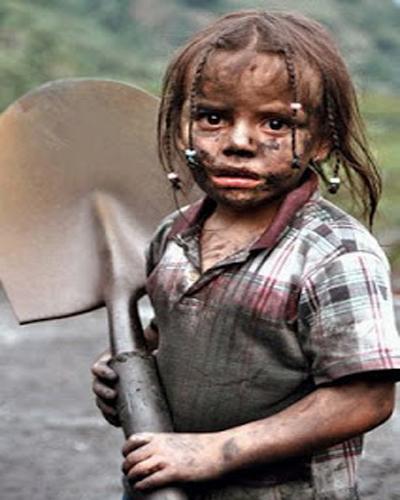
Trafficking in other human beings is a world-wide problem. Its best known facet is sexual exploitation, but all too many other victims are subjected to forced labour, domestic servitude, child beggary or they become the victims of the horrific trade in human organs.... More
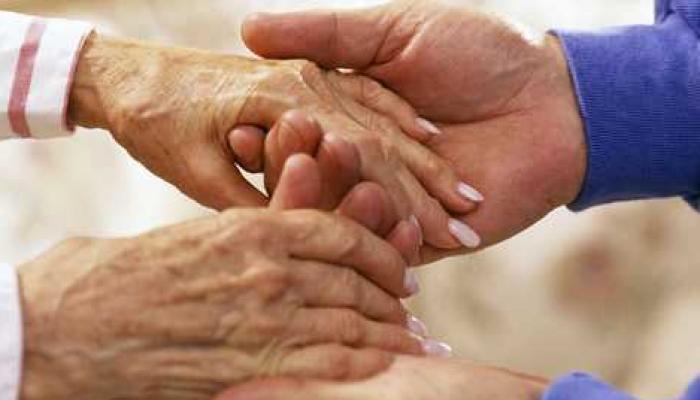
Petronila Ernat is the name of the oldest living Cuban, a resident of Las Tunas province, Petronila has just turned 113. The confirmed information was disclosed the 12th Meeting of Persons of Longevity held in Havana, which also announced that another Cuban citizen, this one of 134 years of age also resides in the saame province.... More
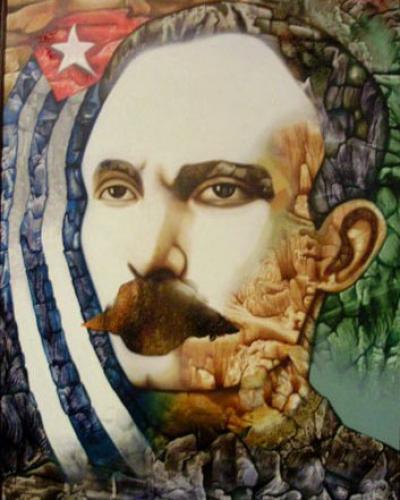
In 1886, four anarchist leaders were hanged in Chicago. Two hundred thousand people took part in the funeral procession, either lining the streets or marching behind the hearses. ... More
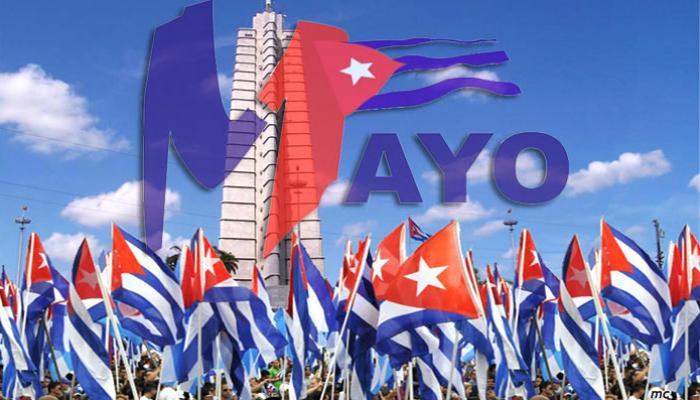
It was on May 1st 1961, 53 years ago today, that Radio Havana Cuba was officially launched, although it began transmitting a few weeks earlier as an experimental radio station. ... More
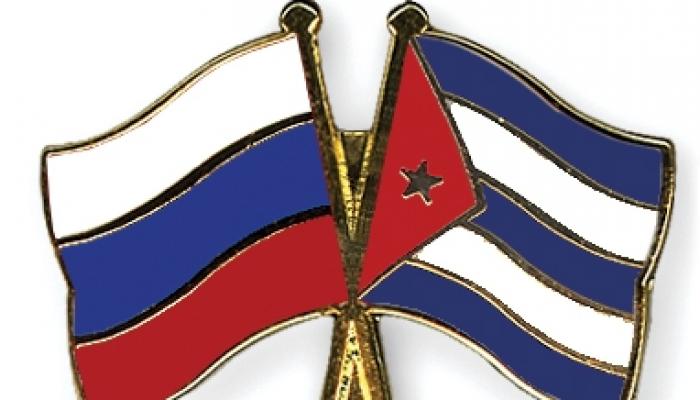
Cuba has been restructuring its debts to jump start it's economy and attract investment. Three years ago it restructured $6 billion of its debt with China, and Reuters reports in 2012 Japan has forgiven about $1.4 billion. Mexico recently forgave $478 million of Cuban debt, and Havana has agreed to pay back $146 million over 10 years.... More
More Views
- United States votes against UN resolution in favor of the Palestinian people to self-determination
- Granma seeks alternatives to continue classes in earthquake-affected centers, with teachers offering their homes
- Annual solidarity conference of National Network on Cuba underway in U.S. city of Detroit, Michigan
- World Bank reports Israel’s aggression inflicts $8.5 billion in economic losses on Lebanon
- ELAM Alumni Congress concludes in Cuba

